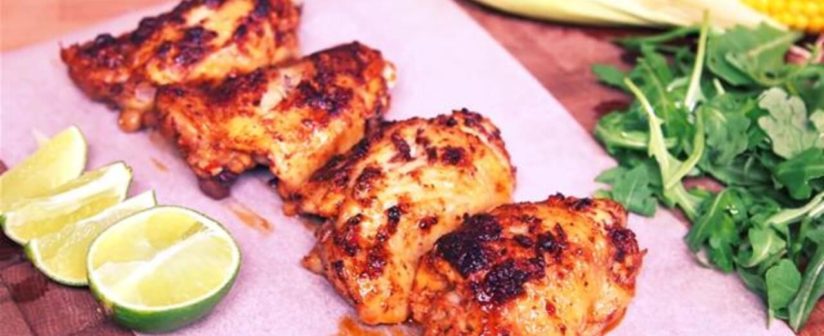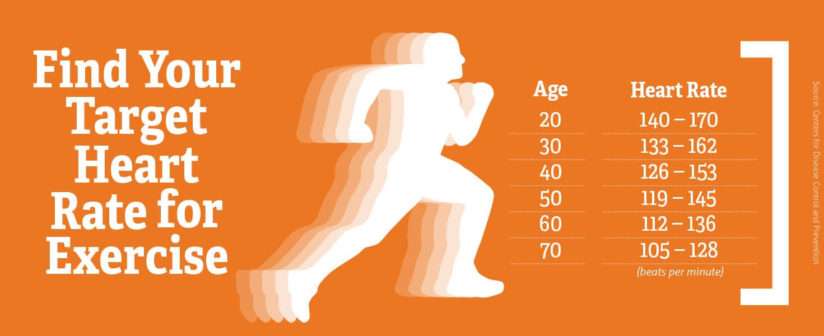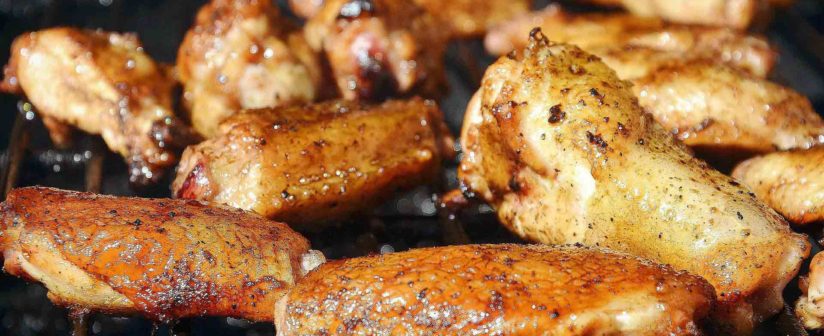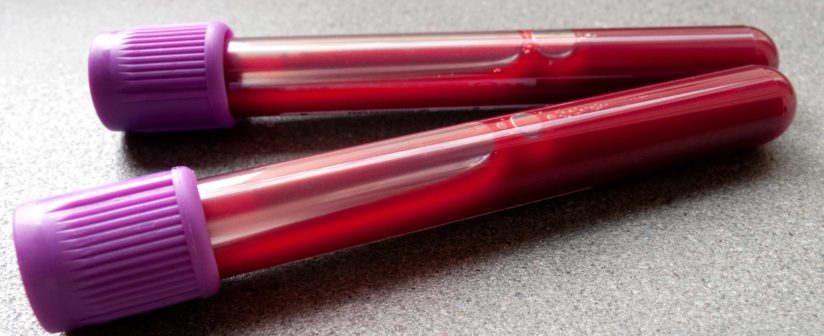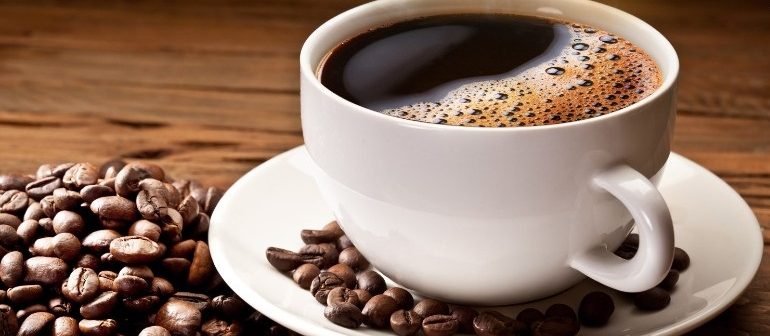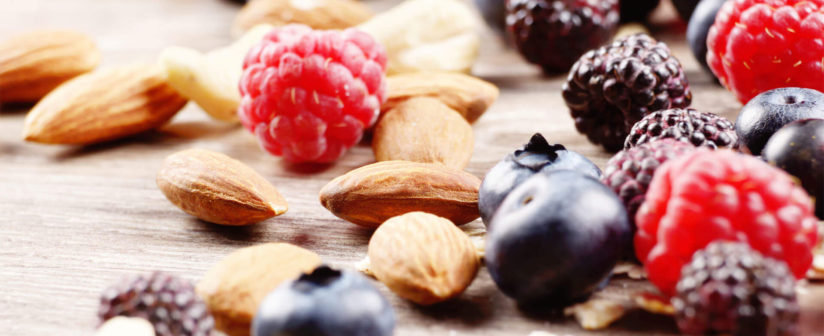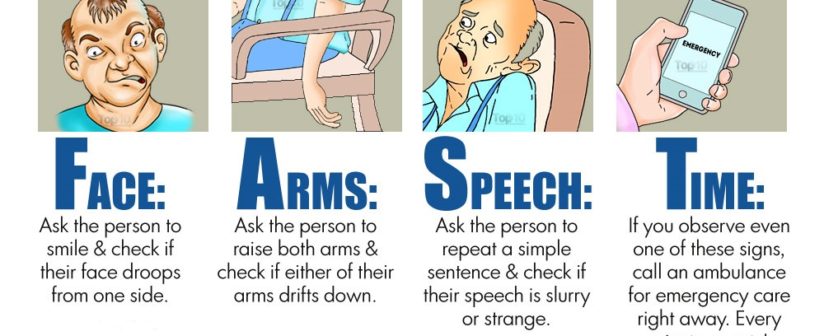When you’ve put in hours at the gym and are dedicated to fitness, the last thing you want is to get a workout injury that will set you back from all the progress you’ve made.
WHICH IS BETTER FOR YOUR HEART: BEEF OR CHICKEN?
The average American diet includes 8 oz. of meat each day, twice the world’s average, according to “The New York Times.” If you have concerns about heart disease, the number one health problem in the U.S., restricting your consumption of meat is important. Each time you make a choice between chicken or beef, ensuring you choose the right one may make an impact over time. Several nutrients in both meat types identify the healthiest one for heart health.
HEART RATE, EXERCISE & AGE
Heart rate and age are necessary components in estimating your heart’s response to exercise. Heart rate is the number of times your heart beats per minute. The age-adjusted equation for estimating your maximum heart rate is 220 minus your age. The product of this equation is used to determine your heart rate at a given intensity level, expressed as a percentage of your maximum heart rate.
6 Essential Blood Tests You Should Have
Men spill it, seal friendships with it, and, if they’re aging rock guitarists, have it purified at Swiss clinics. But blood also tells a detective story. Just as the amount, color, odor, and feel of the oil on a car’s dipstick offer clues about wear and tear on the engine, your blood can reveal critical details about the running condition of your entire body.
SNACKS THAT BOOST BRAIN
The best brain foods also make delicious, brain-healthy snacks. With these 15 snack ideas and recipes, you can boost your brain nutrition between meals. All around the world people are eating more snacks than ever before. Globally, 400 billion dollars are spent annually on snack foods. On average, we get 25% of our calories from snacks. And most of them are processed foods loaded with sugar, chemicals and unhealthy fats that are bad news for your brain. Processed snack foods aren’t really food at all. They are “food-like” concoctions developed by scientists aiming for the “bliss factor” — The perfect balance of fat, sugar, and salt that make these foods intentionally addictive. This gives new meaning to that old potato chip ad slogan “Bet you can’t eat just one,” doesn’t it?
SIGNS AND SYMPTOMS OF STROKE
Knowing the signs of a stroke is the first step in stroke prevention. A stroke, sometimes called a “brain attack,” occurs when blood flow to an area in the brain is cut off. The brain cells, deprived of the oxygen and glucose needed to survive, die. If a stroke is not caught early, permanent brain damage or death can result.


